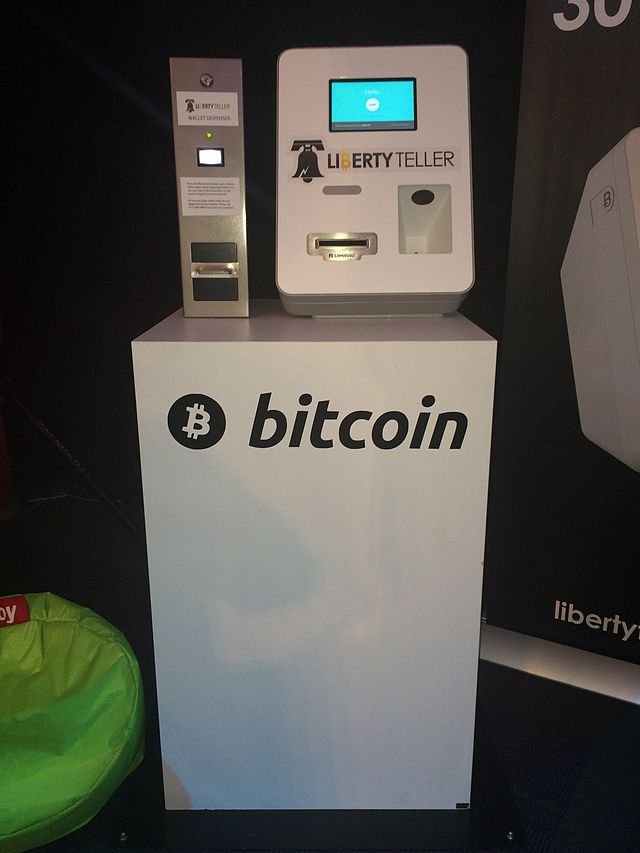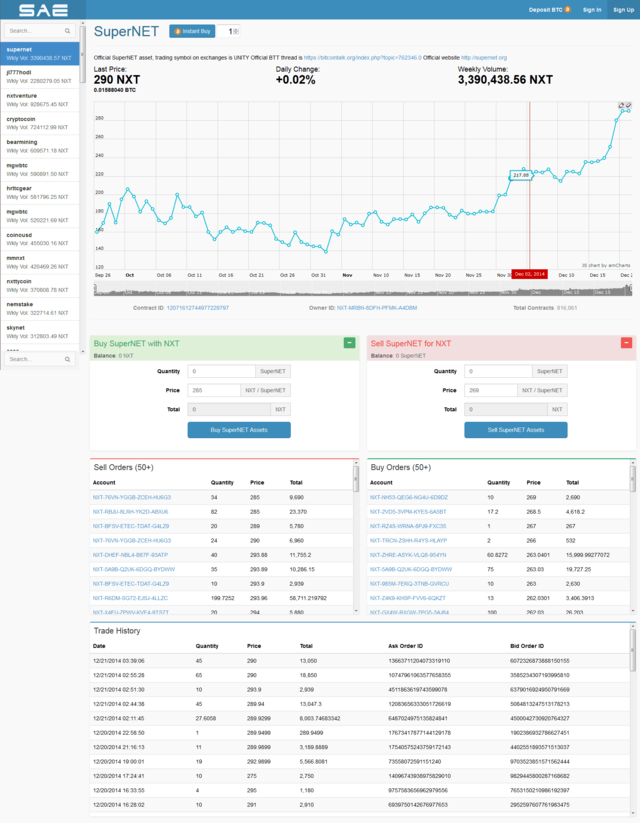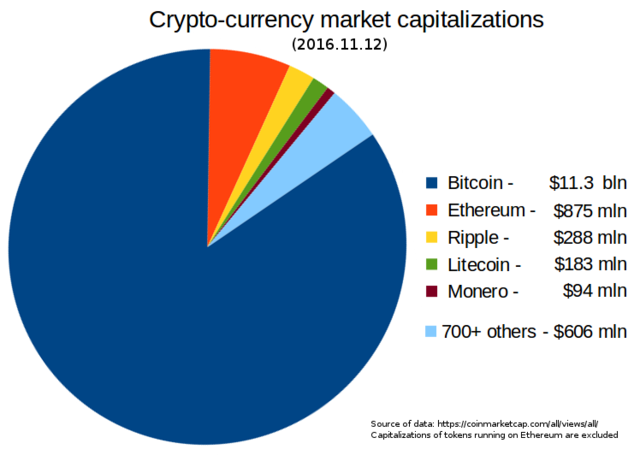what is (cryptocurrency) all u need to know!!!
A cryptocurrency is a digital asset designed to work as a medium of exchange using cryptography to secure the transactions and to control the creation of additional units of the currency...
Cryptocurrencies are classified as a subset of digital currencies and are also classified as a subset of alternative currencies and virtual currencies.

Bitcoin became the first decentralized cryptocurrency in 2009."Since then, numerous cryptocurrencies have been created. These are frequently called altcoins, as a blend of bitcoin alternative. Bitcoin and its derivatives use decentralized control as opposed to centralized electronic money/centralized banking systems.The decentralized control is related to the use of bitcoin's blockchain transaction database in the role of a distributed ledger.....
Decentralized cryptocurrency is produced by the entire cryptocurrency system collectively, at a rate which is defined when the system is created and which is publicly known. In centralized banking and economic systems such as the Federal Reserve System, corporate boards or governments control the supply of currency by printing units of fiat money or demanding additions to digital banking ledgers. In case of decentralized cryptocurrency, companies or governments cannot produce new units, and have not so far provided backing for other firms, banks or corporate entities which hold asset value measured in it.....The underlying technical system upon which decentralized cryptocurrencies are based was created by the group or individual known as Satoshi Nakamoto.

As of March 2015, hundreds of cryptocurrency specifications exist; most are similar to and derived from the first fully implemented decentralized cryptocurrency, bitcoin. cryptocurrency systems the safety, integrity and balance of ledgers is maintained by a community of mutually distrustful parties referred to as miners: members of the general public using their computers to help validate and timestamp transactions adding them to the ledger in accordance with a particular timestamping scheme.
The security of cryptocurrency ledgers is based on the assumption that the majority of miners are honestly trying to maintain the ledger, having financial incentive to do so.

Most cryptocurrencies are designed to gradually decrease production of currency, placing an ultimate cap on the total amount of currency that will ever be in circulation, mimicking precious metals.Compared with ordinary currencies held by financial institutions or kept as cash on hand, cryptocurrencies can be more difficult for seizure by law enforcement.This difficulty is derived from leveraging cryptographic technologies.
A primary example of this new challenge for law enforcement comes from the Silk Road case, where Ulbricht's bitcoin stash "was held separately and ... encrypted." Cryptocurrencies such as bitcoin are pseudonymous, though additions such as Zerocoin have been suggested, which would allow for true anonymity.
1998, Wei Dai published a description of "b-money", an anonymous, distributed electronic cash system. Shortly thereafter, Nick Szabo created "Bit Gold".Like bitcoin and other cryptocurrencies that would follow it, Bit Gold was an electronic currency system which required users to complete a proof of work function with solutions being cryptographically put together and published. A currency system based on a reusable proof of work was later created by Hal Finney who followed the work of Dai and Szabo.

The first decentralized cryptocurrency, bitcoin, was created in 2009 by pseudonymous developer Satoshi Nakamoto. It used SHA-256, a cryptographic hash function, as its proof-of-work scheme.In April 2011, Namecoin was created as an attempt at forming a decentralized DNS, which would make internet censorship very difficult. Soon after, in October 2011, Litecoin was released. It was the first successful cryptocurrency to use scrypt as its hash function instead of SHA-256. Another notable cryptocurrency, Peercoin was the first to use a proof-of-work/proof-of-stake hybrid.IOTA was the first cryptocurrency not based on a block chain, and instead uses the Tangle.Many other cryptocurrencies have been created though few have been successful, as they have brought little in the way of technical innovation.On 6 August 2014, the UK announced its Treasury had been commissioned to do a study of cryptocurrencies, and what role, if any, they can play in the UK economy. The study was also to report on whether regulation should be considered....
Central bank representatives have stated that the adoption of cryptocurrencies such as bitcoin pose a significant challenge to central banks' ability to influence the price of credit for the whole economy.They have also stated that as trade using cryptocurrencies becomes more popular, there is bound to be a loss of consumer confidence in fiat currencies. Gareth Murphy, a senior central banking officer has stated "widespread use [of cryptocurrency] would also make it more difficult for statistical agencies to gather data on economic activity, which are used by governments to steer the economy". He cautioned that virtual currencies pose a new challenge to central banks' control over the important functions of monetary and exchange...
@originalworks
The @OriginalWorks bot has determined this post by @reignsimraan to be original material and upvoted it!
To call @OriginalWorks, simply reply to any post with @originalworks or !originalworks in your message!
To nominate this post for the daily RESTEEM contest, upvote this comment!
For more information, Click Here!
This post recieved an upvote from minnowpond. If you would like to recieve upvotes from minnowpond on all your posts, simply FOLLOW @minnowpond
This post recieved an upvote from minnowpond. If you would like to recieve upvotes from minnowpond on all your posts, simply FOLLOW @minnowpond